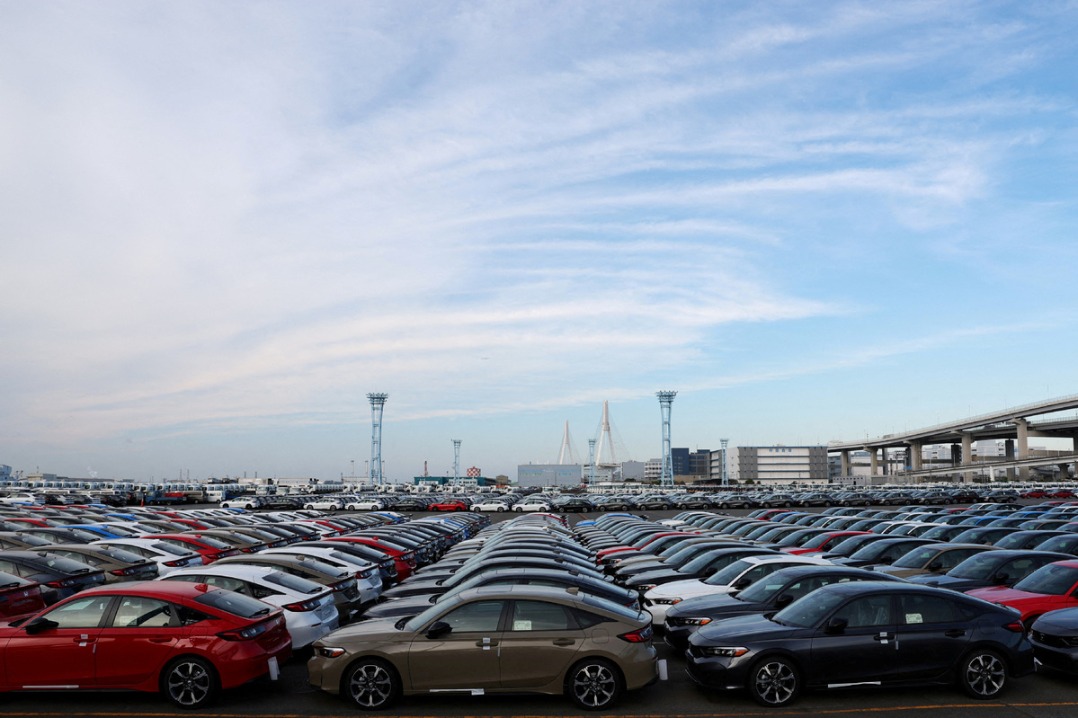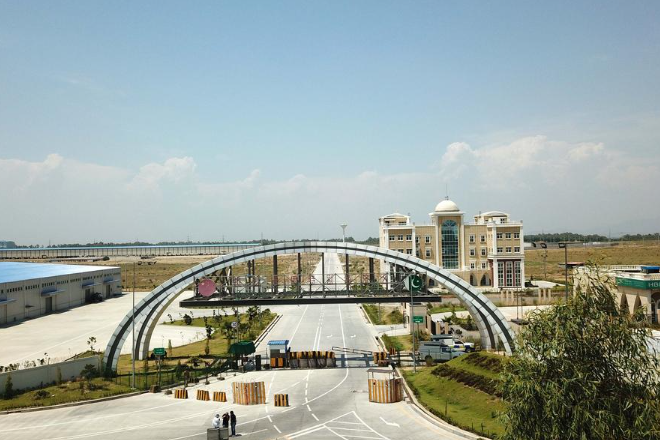Uber waiting for driverless taxis to get UK approval

Uber says it is ready to launch driverless taxis in the United Kingdom immediately but must wait until at least 2027 for government approval.
Andrew Macdonald, Uber's senior vice-president of mobility, told the BBC the company could deploy autonomous vehicles as soon as regulations permit and cited partnerships with 18 self-driving technology companies, including UK-based Wayve.
The timeline for approval has been pushed back under the UK's Labour Party government, which now expects to authorize fully autonomous vehicles in late 2027, a year later than the previous Conservative Party administration's target.
Current UK regulations require a human driver to remain responsible for any vehicle using automated features, despite limited self-driving technology being permitted on roads.
"We're ready to launch robotaxis in the UK as soon as the regulatory environment is ready for us," Macdonald told the broadcaster.
The company already operates robotaxis in the United States and the vehicles are also running in China, the UAE, and Singapore.
Macdonald dismissed suggestions that the UK was lagging behind, arguing that the leadership of the US and China in the field stemmed primarily from their position as key development hubs for the technology.
The Department for Transport is currently conducting consultations to finalize the regulatory framework following last year's passage of the Automated Vehicles Act.
The government claims the legislation, which paved the way for autonomous vehicles on UK roads, is projected to create more than 38,000 jobs by 2035 and improve road safety by eliminating human error, which accounts for 88 percent of collisions.
"We are working quickly and will implement self-driving vehicle legislation in the second half of 2027," the department said in a statement, adding that it is "exploring options for short-term trials and pilots to create the right conditions for a thriving self-driving sector".
In the US, driverless Uber vehicles run for approximately 20 hours a day, seven days a week, Macdonald said. The company charges the same fares as human-driven rides, with users given the choice between autonomous and traditional services when booking through the app.
But in the UK, concerns persist about passenger safety, public acceptance, and the suitability of British road networks, particularly in London, for autonomous vehicles, reported City AM newspaper.
A 2024 YouGov poll revealed that 37 percent of people in the UK expect to feel "very unsafe" in a driverless car, though a separate London-focused study found that the proportion of residents comfortable with the technology had increased fivefold, from 2 to 10 percent.
Toby Breckon, an AI expert and scientific consultant to the Department for Transport, defended the safety of autonomous vehicles, saying: "Driverless cars have a range of very high-precision sensors onboard that give the vehicle a strong perception of the environment around it."

































